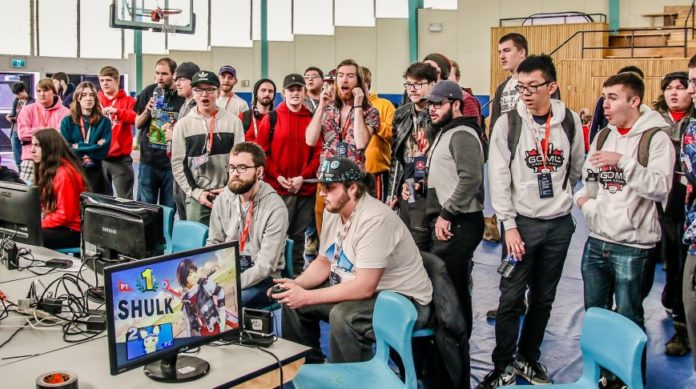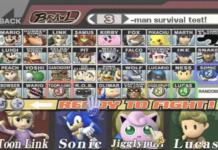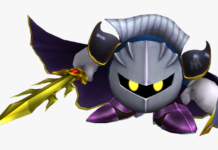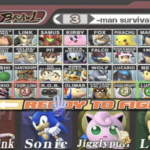In April 2019, one of the largest Super Smash Bros. Ultimate tournaments in Canada happened in Halifax, Nova Scotia. The fourth edition of the “Kings of Hali” tournament series was the first time an event in Atlantic Canada would be used for the Panda Global Rankings, the official worldwide ranking system.
A lot changed in the six or so months leading up to this historic event, specifically for the head tournament organizer. It’s a story about how adapting to the esports environment, and sometimes completely changing your company’s vision can lead you to greater heights.
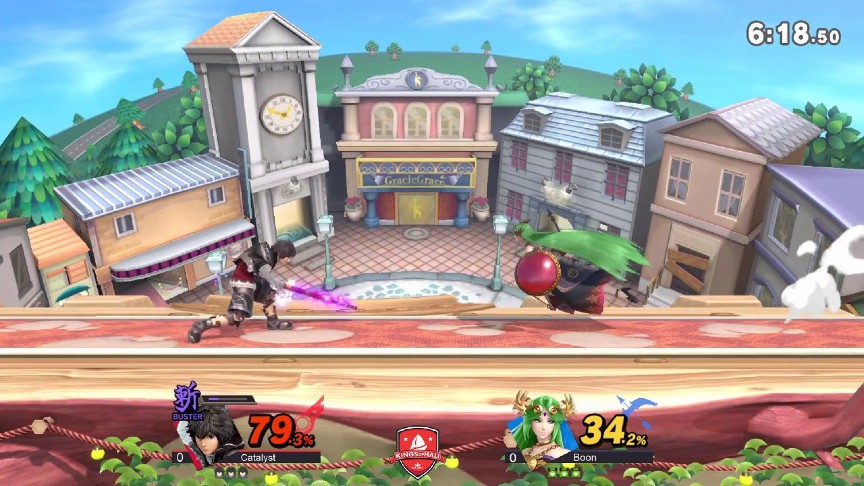
Cole Ferguson is an ambitious person. While grinding as a full-time graduate student to further his career in engineering, he was also competing in Smash tournaments, hosting Smash tournaments, and organizing his Twitch stream; all of this after traveling the world for six months.
Upon returning from his journey, he immediately hit the ground running with the Charity Gaming Challenge, a series of interview streams where Ferguson and the interviewee would chat for a bit and then play a multiplayer game against each other, with the loser donating money to charity.
“My idea was that I’d pick a different charity for every month, and all the donations would go to that charity, while all the subs would go back into the community.” Ferguson told ggn00b in an interview. “Whether that’s in the form of giveaways or just improving the quality of the stream/show.”
The Charity Gaming Challenge was a hit, with Ferguson immediately hitting affiliate on Twitch and, over the course of three months, raising thousands of dollars for organisations such as the IWK Health Centre, Feed Nova Scotia and the Canadian Cancer Society. A large chunk of the money raised was through a charity tournament that Ferguson hosted in Halifax.
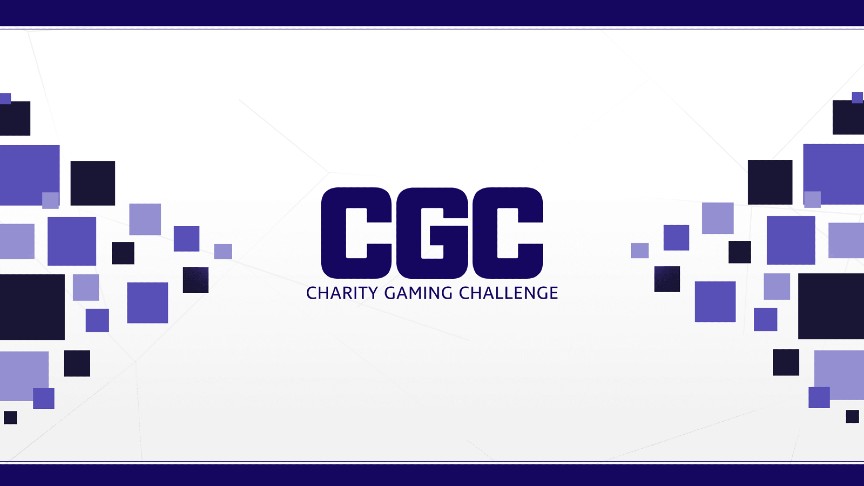
“It was something I wanted to do for fun, to see how Twitch streaming worked, and to give back to my community.”
The Charity Gaming Challenge was only around for a few months before Ferguson decided to change directions. A couple reasons factored into this: for one, his grad school schedule made conducting the constant interviews (often three a week) much more difficult, and then there was the fact that the Challenge was getting him to donate hundreds of dollars a month to charity. That’s all well and good, except he was not working at the time due to school.
The unsustainability of that model led Ferguson to rebrand his stream into something different, something bigger. And this is how Mix-Up Gaming came about.
The Charity Gaming Challenge was transformed into Mix-Up Gaming so that Ferguson could create a brand that didn’t just deal with charity events, but also streaming and event organizing for esports in general.
“At the time, I wanted to do Smash Bros. and then branch out into fighting games, as I was getting into Street Fighter and DragonBall FighterZ. I started thinking about fighting game terms, thought about mix-ups, and there came Mix-Up Gaming.” Ferguson explained in regards to rebranding.
“I realized you can abbreviate it to “MUG”, and if I sold branded mugs, I could sell MUG mugs. I thought this was the funniest concept and then I said, ‘that’s it. We’re Mix-Up Gaming.’”

Mix-Up Gaming became the stream for the weekly Ultimate tournaments in Halifax, as well as spearheading major tournaments in the area. Ferguson says as the model is able to make more money, he’d like to sponsor local players to attend more prestigious tournaments and raise the awareness of Atlantic Canada’s talent pool.
He also wants to start hosting and streaming online events through the MixupGG channel to keep competition flowing and further his brand while COVID-19 continues to sideline tournaments. Revisiting his roots with the Charity Gaming Challenge, Ferguson would love to host more interviews and podcasts to release through the new brand.
Making money in esports, especially for a startup in an isolated region, can be extremely difficult. Part of the way Ferguson plans to navigate this issue is taking fun, unique concepts and introducing them to the community.
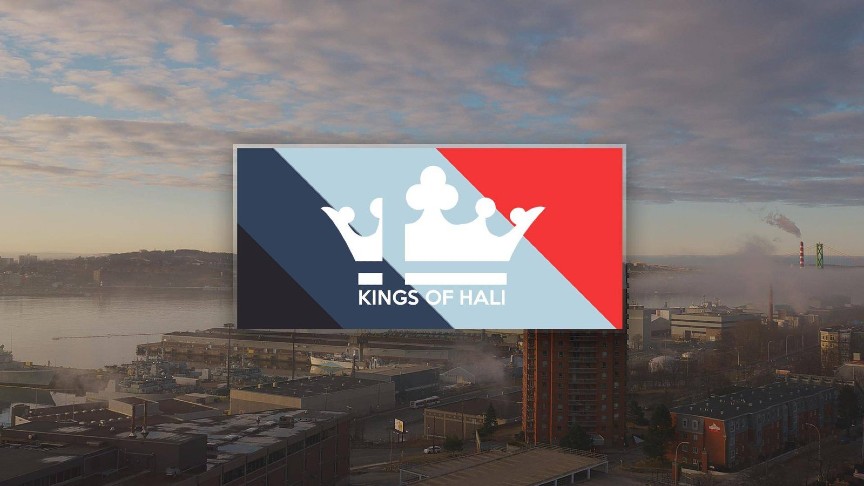
“I’d love to start making short, ad-length videos (about 30-60 seconds) that just quickly explain why a character is good in the meta, or what you’d need to do to beat them.” Ferguson says in regards to one of his ideas he’d like to implement.
“You could play these between matches or during downtime on stream. You could fill dead-air with that video content, keeps viewers engaged, and makes the stream quality better.”
If done properly, it could be packaged as a product that you could offer to streams and production companies.
“As a business move, you could approach tournaments: “I have all this video footage you can use as commercials, would you like to use them, pay me X number of dollars.”
The greatest passion for Cole Ferguson, and perhaps where all his ideas and skills come together, is hosting the annual Kings of Hali tournament. Originally hosted in a small gamestore in 2016, Ferguson continued to push and grow the event every year until Kings of Hali 4 brought in hundreds of entrants from all over Atlantic Canada, and became the first PGR event in the region’s history.

What was the key to getting so many people?
“Aggressive marketing” Ferguson explains.
“I put up posters in the campus buildings near where the event was going to be hosted. I spent $30 on Facebook ads targeting people in the Halifax area, which brought in a few dozen people.”
A huge part of aiming big in a more isolated region is how you approach achieving your goals. When Ferguson wanted to get over 200 attendees for his tournament, he tried to look at it in the most reachable way.
“I basically said, ‘if every person who attends were to bring one friend, I just need to get 100 people excited and on board.’” Ferguson explained in regards to how he approached hitting his target goals. While it may not be an exact science, the proof was in the pudding with Kings of Hali 4 far exceeding the expected entrants number.
In fact, instead of taking a profit from the additional entrants, Ferguson purchased enough pizza to feed everyone who attended the tournament; a gesture that represents how much he loves to give back to his community.
And while Kings of Hali 5, projected to be even bigger and better, was sidelined due to COVID-19, all the resources are expected to carry over next year, and Ferguson is planning to make up for lost time by creating something truly historic.
“I want to host the largest Smash tournament in Canada [right here] in Halifax, Nova Scotia. That’s my biggest dream.”
For the full interview with Cole Ferguson, head over here.
Be sure to follow Cole and Mix-Up Gaming on Twitter and Twitch.
For the cover photo artist’s work, be sure to check out Jeff MacEachern on Twitter and Instagram.


